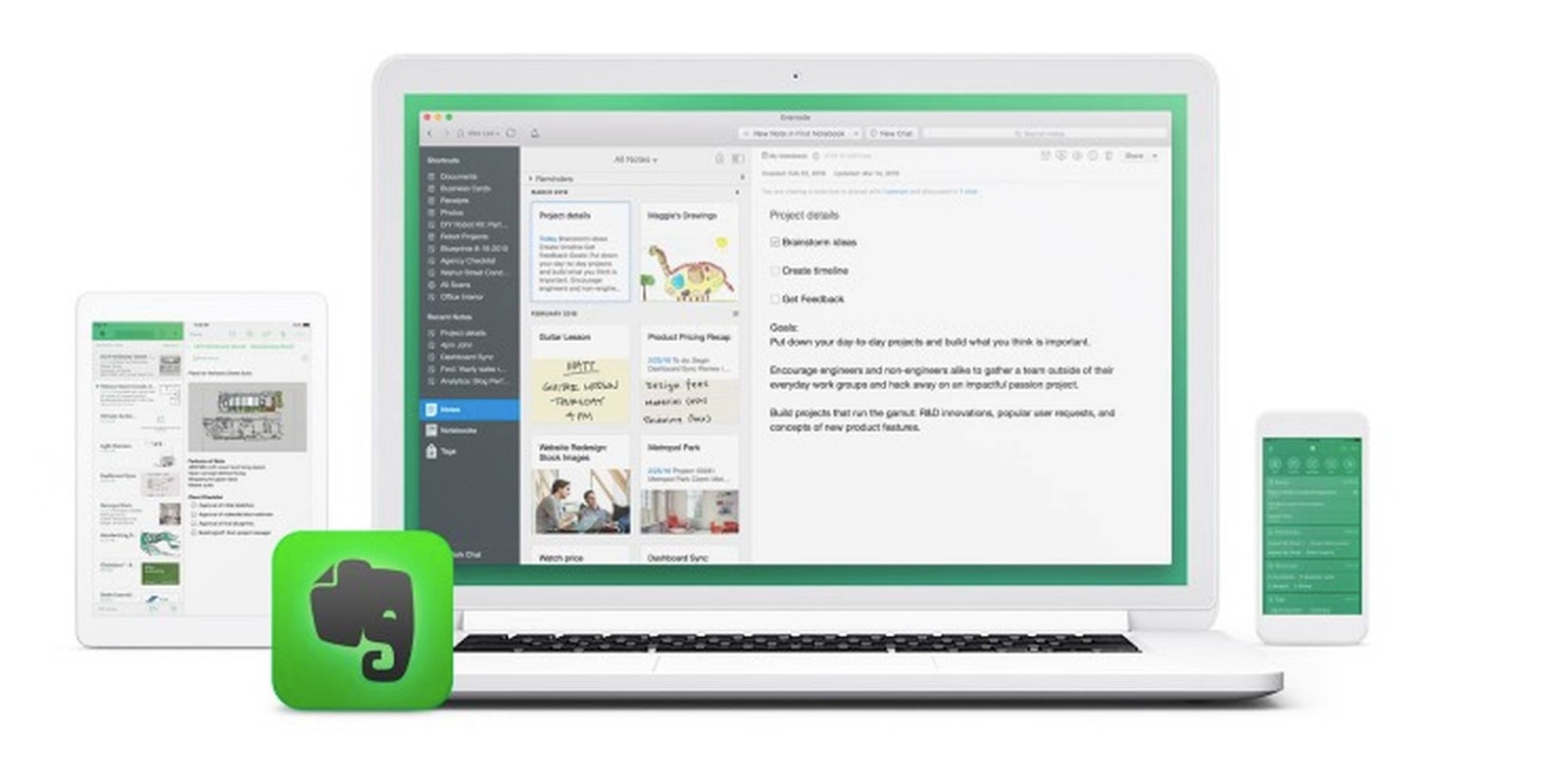Evernote has some explaining to do.
The app has built a loyal and devoted following by creating an easy space to keep, sort, and organize all of your thoughts. But that loyalty was tested this week when Evernote updated its privacy policy, letting the company access any user content at its discretion. The new privacy policy was due to go into effect on Jan. 23 as part of the company’s new machine-learning program.
The reaction was not positive.
Loved using @evernote, sorry their new privacy policy mean I’ll be moving my notes somewhere else. They ain’t for engineers to pick thru.
— Joe Hill (@joe_hill) December 13, 2016
https://twitter.com/wilw/status/809102960793776128
I love @evernote and I pay to use it. But I don’t understand why employees are allowed to see my notes even when I opt out. I can’t stay.
— gloom (@GloomyKassie) December 14, 2016
This morning Evernote CEO Chris O’Neill released a new blog trying to explain the situation, saying the original update to the privacy policy was “communicated poorly.” In his statement, O’Neill explains what isn’t changing with respect to Evernote’s privacy policy, tries to shed more light on why machine learning requires human eyes, and announces privacy protections that weren’t mentioned in the original statement.
Privacy has always been at the heart of Evernote, and we’re as committed as ever to upholding our Three Laws of Data Protection. These laws guide everything we do, and, I believe, represent industry-leading standards for privacy.
In enforcing these laws, Evernote employees do not view the content of user notes except in very limited cases. Like other internet companies, we must comply with legal requirements such as responding to a warrant, investigating violations of our Terms of Service such as reports of harmful or illegal content, and troubleshooting at the request of users. The number of employees who are authorized to view this content is extremely limited by our existing policies, and I am personally involved in defining them.
For some users this explanation will be enough. The law is the law. If users want to opt out of the machine-learning program, they can do so, but O’Neill wants them to know even if they participate their privacy will be protected. Someone will still read your note; they just allegedly won’t know it’s you:
We believe we can make our users even more productive with technologies such as machine learning that will allow you to automate functions you now have to do manually, like creating to-do lists or putting together travel itineraries. Machine learning might sound like science fiction where computers make their own decisions. In reality, machines still need a human to check on them. To get there, Evernote data scientists need to do spot checks as they develop the technology. We’ll introduce this change on January 23, 2017, but you control whether or not your data is used for this purpose at any time.
If you choose to participate in these experimental features, you’ll enjoy a more personalized experience. Select Evernote employees may see random content to ensure the features are working properly but they won’t know who it belongs to. They’ll only see the snippet they’re checking. Not only that, but if a machine identifies any personal information, it will mask it from the employee.
For some users, the knowledge that Evernote is taking your concerns seriously and already has steps underway to make sure your personal information is masked before employees see it will be a comfort. For others the issue isn’t that personal information like their names won’t be protected. It’s that the notes they save are inherently personal. Your novel or poetry is personal, even if it isn’t identifying.


